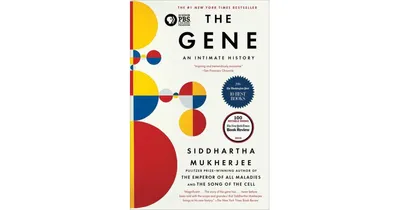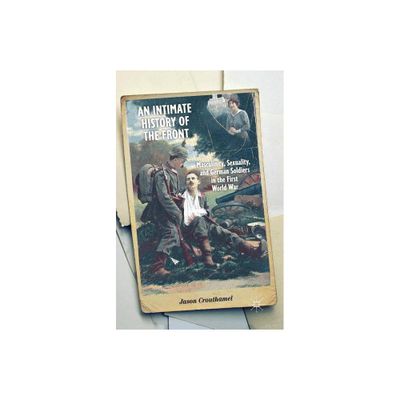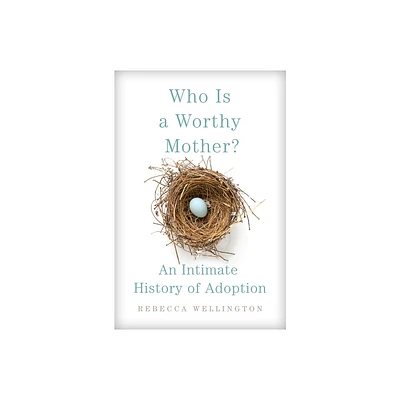Home
Who Is a Worthy Mother?: An Intimate History of Adoption
Loading Inventory...
Barnes and Noble
Who Is a Worthy Mother?: An Intimate History of Adoption
Current price: $15.99


Barnes and Noble
Who Is a Worthy Mother?: An Intimate History of Adoption
Current price: $15.99
Loading Inventory...
Size: Audiobook
*Product Information may vary - to confirm product availability, pricing, and additional information please contact Barnes and Noble
Nearly every person in the United States is affected by adoption. Adoption practices are woven into the fabric of American society and reflect how our nation values human beings, particularly mothers. In the wake of the U.S. Supreme Court’s overturning of
Roe v. Wade
, the renewed debate over women’s reproductive rights places an even greater emphasis on adoption. As a mother, historian, and adoptee, Rebecca C. Wellington is uniquely qualified to uncover the policies and practices of adoption. Wellington’s timely—and deeply researched—account amplifies previously marginalized voices and exposes the social and racial biases embedded in the United States’ adoption industry.
The history of adoption is rarely told from an adoptee’s perspective. Wellington remedies this gap by framing the chronicle of adoption in America using her own life story. She describes growing up in a family with which she had no biological connection, giving birth to her own biological children, and then enduring the death of her sister, who was also adopted. As she reckons with the pain and unanswered questions of her own experience, she explores broader issues surrounding adoption in the United States, including changing legal policies, sterilization and compulsory relinquishment programs, forced assimilation of babies of color and Indigenous babies adopted into white families, and other liabilities affecting women, mothers, and children.
According to Wellington, US adoption practices in America are shrouded in secrecy, for they frequently cast shame on unmarried women, women struggling with fertility, and “illegitimate” babies and children. As the United States once again finds itself embroiled in heated disputes over women’s bodily autonomy—disputes in which adoption plays a central role—Wellington’s book offers a unique and much-needed frame of reference.
Roe v. Wade
, the renewed debate over women’s reproductive rights places an even greater emphasis on adoption. As a mother, historian, and adoptee, Rebecca C. Wellington is uniquely qualified to uncover the policies and practices of adoption. Wellington’s timely—and deeply researched—account amplifies previously marginalized voices and exposes the social and racial biases embedded in the United States’ adoption industry.
The history of adoption is rarely told from an adoptee’s perspective. Wellington remedies this gap by framing the chronicle of adoption in America using her own life story. She describes growing up in a family with which she had no biological connection, giving birth to her own biological children, and then enduring the death of her sister, who was also adopted. As she reckons with the pain and unanswered questions of her own experience, she explores broader issues surrounding adoption in the United States, including changing legal policies, sterilization and compulsory relinquishment programs, forced assimilation of babies of color and Indigenous babies adopted into white families, and other liabilities affecting women, mothers, and children.
According to Wellington, US adoption practices in America are shrouded in secrecy, for they frequently cast shame on unmarried women, women struggling with fertility, and “illegitimate” babies and children. As the United States once again finds itself embroiled in heated disputes over women’s bodily autonomy—disputes in which adoption plays a central role—Wellington’s book offers a unique and much-needed frame of reference.


















